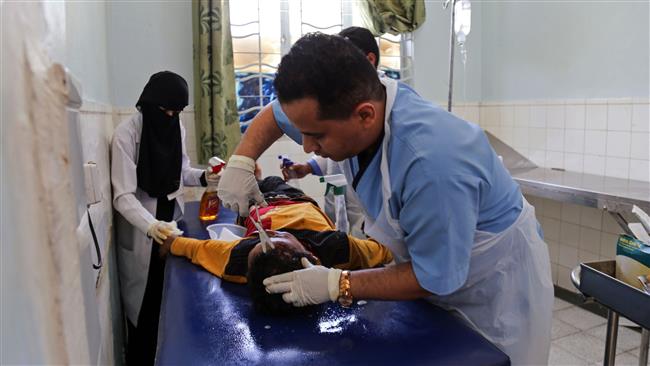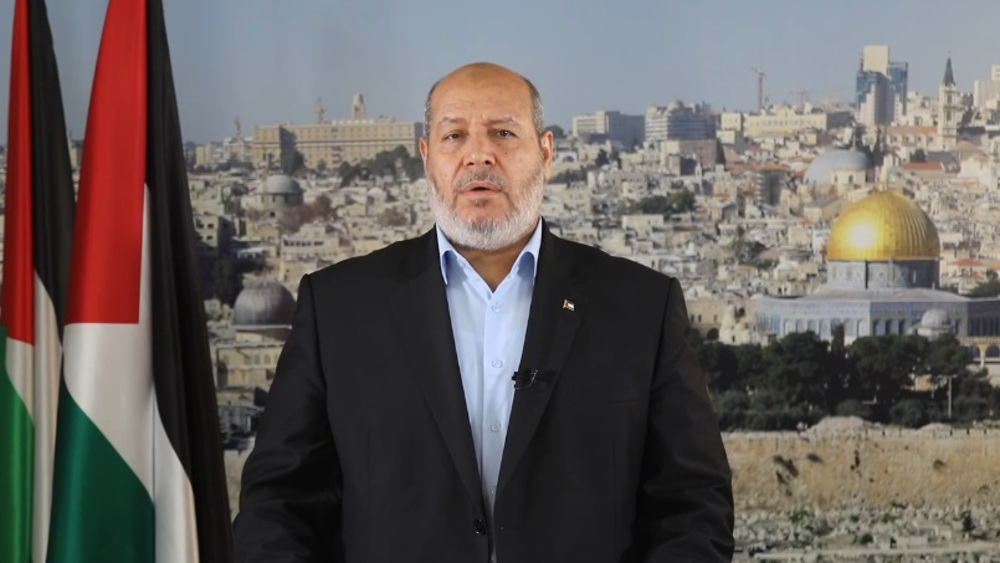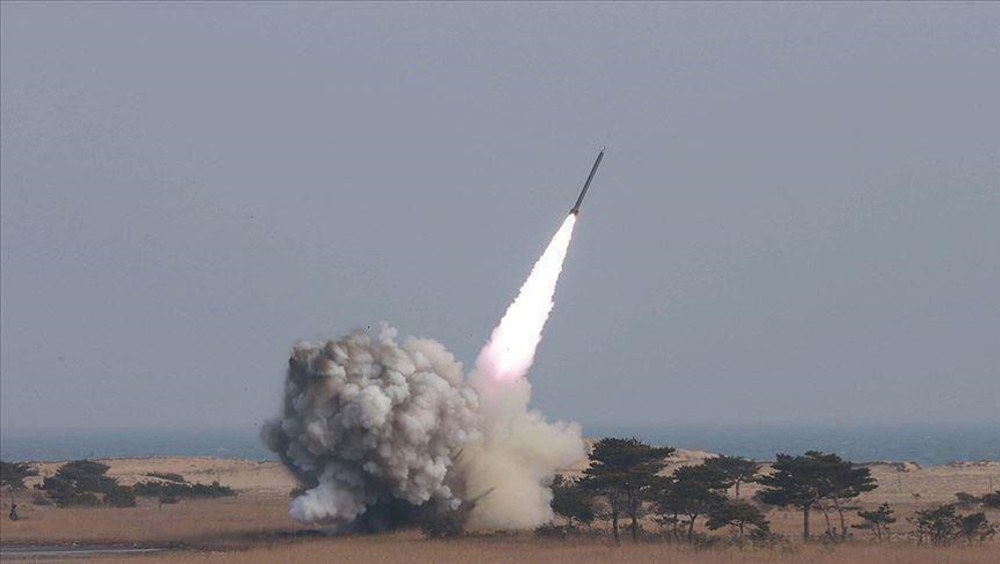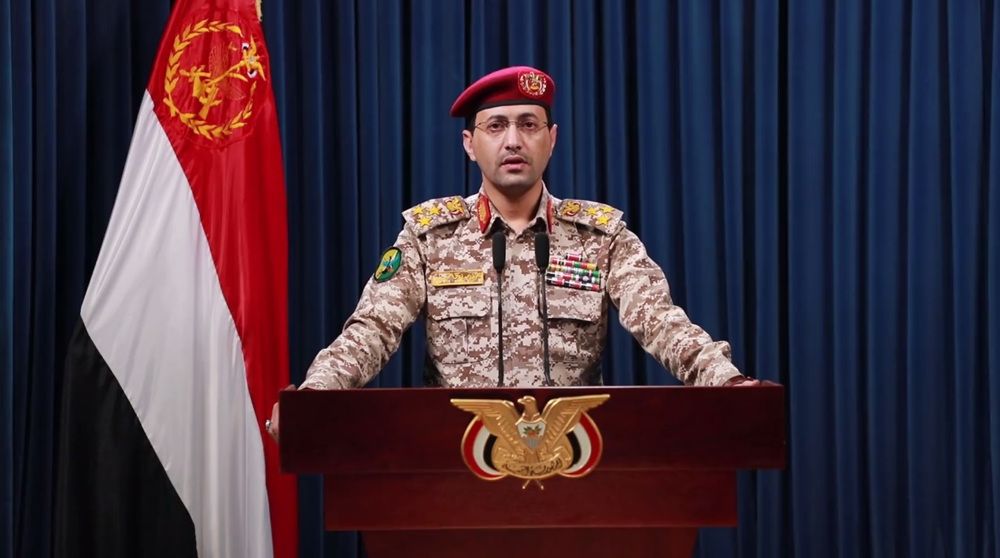Besieged from abroad, blockaded at home, Yemenis' suffering goes on
The humanitarian crisis in Yemen is deepening as the regime in Riyadh and its allies tighten the screws on all land, sea and air borders amid an international silence over the catastrophic situation in the impoverished Arab country.
According to the UN's Office for the Coordination of Humanitarian Affairs (OCHA), prices have soared in the Yemeni capital, Sana’a, since the military coalition led by Saudi Arabia upped the pressure on the country a week ago.
The UN aid chief, Mark Lowcock, has told the UN Security Council that unless the Saudi-led blockade is lifted, Yemen will face "the largest famine the world has seen for many decades with millions of victims."
The UN has already warned that seven million people in Yemen are on the verge of starvation with Jamie McGoldrick, the UN aid coordinator in Yemen, saying on Tuesday that keeping the Yemeni ports closed was unacceptable.
"We can't have those ports closed or those airports closed while we wait for discussions on new (inspection) mandates to go ahead," McGoldrick said, adding, "The humanitarian impact of what is happening here right now is unimaginable."
The cost of fuel has gone up by nearly two-thirds in Sana’a as the price of trucked water has increased by 133 percent and bus fares have doubled or even tripled.

"We are besieged from abroad, we are besieged at home. We don't have gas to cook. People are dying in their houses because of the gas shortages," said Ameen Mohammed, a Yemeni citizen living in Sana'a, who then asked, "Why are they besieging Yemen? What do they get out of it?"
"We've been here for almost one week, waiting for fuel," said Fuad al-Harazi, another citizen, noting, "Every day, they say the fuel truck is here but that isn't true."
Amer Ali, a local employee, echoed the despair, saying, "The higher price of fuel is making the food prices go way up. The average person can't survive."
At a hospital bed in Sana’a, Mohammed al-Ayzari, a physician, said, "The malnutrition cases are up more than ever before... There is an acute shortage of medical supplies and laboratory materials."
On Tuesday, Saudi warplanes targeted the international airport in Sana’a, worsening the already terrible humanitarian situation in the war-torn country.
More than 12,000 people have been killed since the onset of Saudi Arabia's deadly military campaign against Yemen in March 2015. Much of the Arabian Peninsula country's infrastructure, including hospitals, schools and factories, has been reduced to rubble due to the war.
Another 2,100 people have died of cholera since April as hospitals struggle to secure basic supplies across the country.
UNRWA unraveled amid Israel's allegations, reduced intl. support
Palestinian journalist, a Sobh Media Festival awardee, killed in Gaza hours before truce
Jan. 15: ‘Axis of Resistance’ operations against Israeli occupation
VIDEO | US fires: Criticism mounts over govt. failure to respond
VIDEO | Fears, hope in Gaza amid intensified ceasefire efforts
VIDEO | Press TV's news headlines
Hamas: Ceasefire agreement result of steadfastness, resistance in Gaza over 15 months
Hamas thanks Iran, Resistance Front following achievement of ceasefire in Gaza











 This makes it easy to access the Press TV website
This makes it easy to access the Press TV website